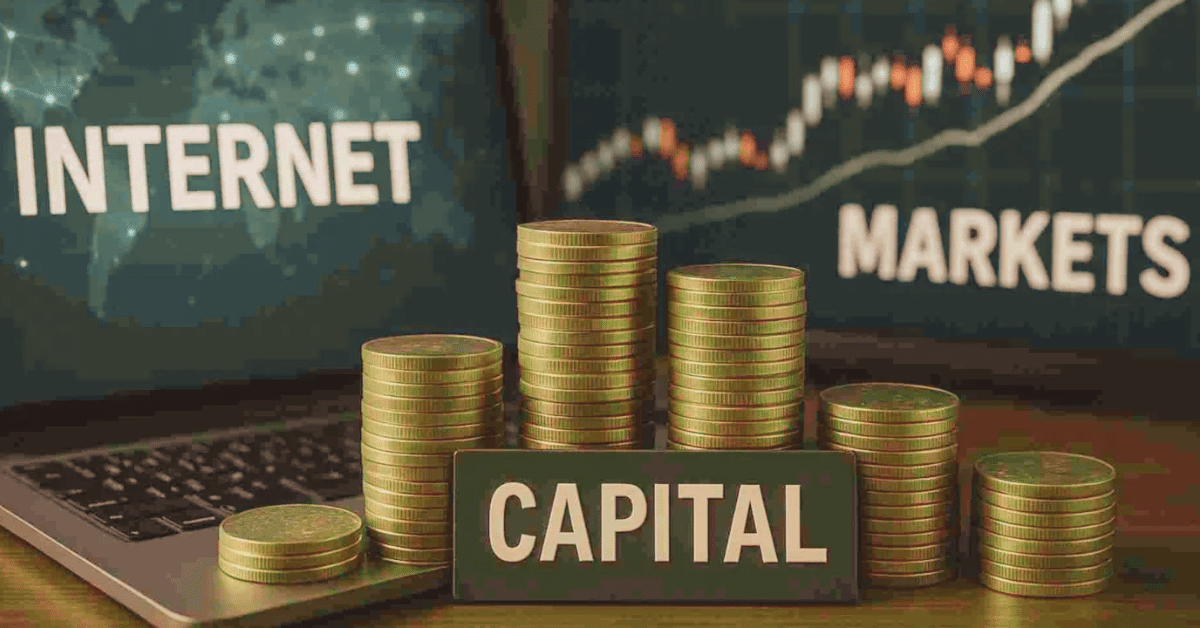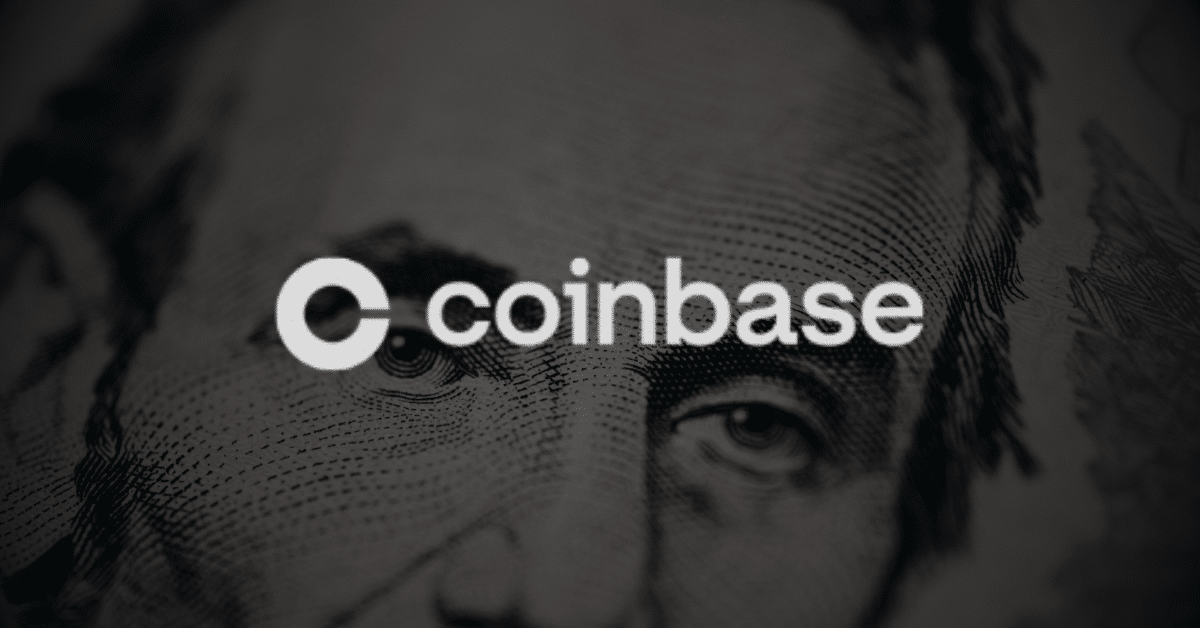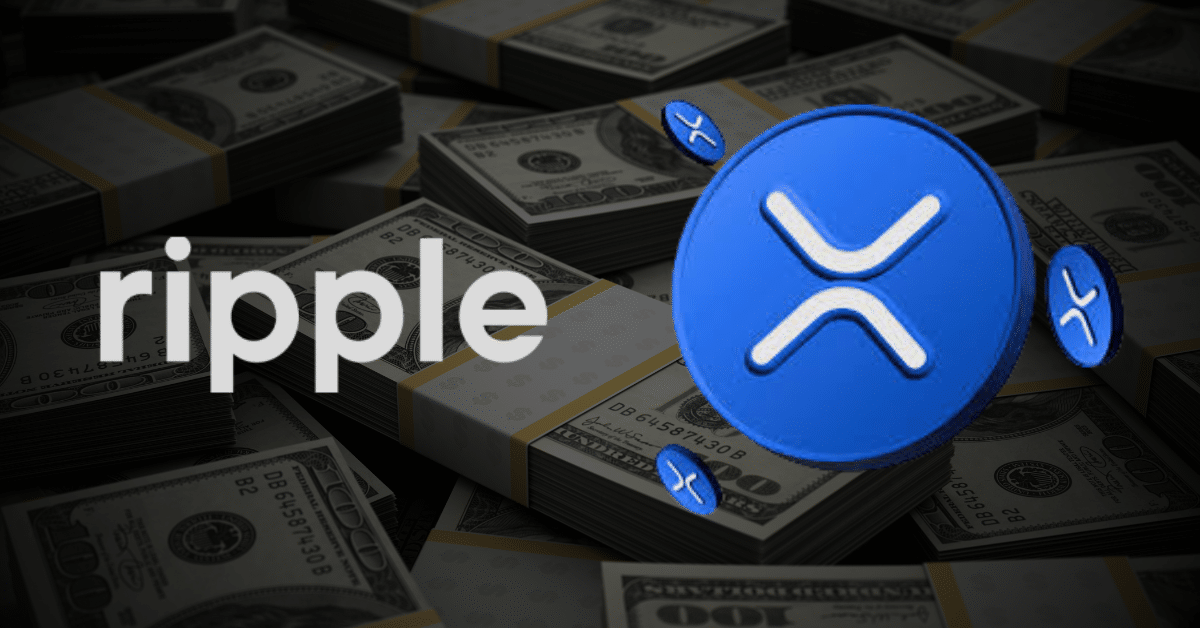Key Takeaways
- Internet capital market (ICM) tokens are changing business investment by letting users buy tokens tied to app concepts, offering a decentralized alternative to traditional equity.
- The ICM sector has exploded with over 7,600 tokens launched on the Believe App as critics question their long-term value.
- There is fear that concerns about sustainability and legal complexities surrounding the project could hinder its widespread adoption.
The emergence of Internet Capital Market Tokens has split the crypto expert community right on social media platform X down the middle over whether the concept is the future of the crypto space.
While supporters of ICM highlight the concept’s ability to introduce significant business growth and democratize the process of forming digital capital markets, critics have dismissed the idea of ICM tokens as a pedigree version of meme coins.
Leveraging Blockchain and Tokenization
Currently, traditional capital formation relies heavily on centralized entities, venture capital, IPOs, and restricted stock markets, which are only available to a select group of market players. As a result, many saw the entry of Internet capital market tokens as a seismic shift that would transform and democratize access to funding. ICM aims to enable anyone to leverage the power of blockchain and tokenization to launch a tradable asset on their web app or project within minutes.
Internet Capital Markets (ICM) is a trending crypto Meta that allows businesses and developers to tokenize their app ideas, projects, or websites to transform them into tradable digital assets on a blockchain platform. ICM will enable users to invest in a proposed app’s potential by buying digital tokens tied to the idea.
Over 7,600 Tokens Launched Already
Commenting on the development, crypto analyst Frank highlighted the liberating potential of ICM, arguing that the tokens would facilitate accessibility to a more liquid and decentralized alternative to traditional equity ownership. At the beginning of 2025, Frank stated:
“It’s going to be way bigger than trading meme coins.”
The sector, which has been around for a while now, has gathered some steam and seen the emergence of many new tokens, making Frank’s prediction seem less far-fetched. Data from Dune shows over 7,619 tokens launched on the Believe app, LaunchPad for ICM tokens. Out of these, at least 423 tokens have already been activated, with statistics showing the tokens’ total market capitalization of tokens doubled from around $220 million to $427 million within 24 hours. Commenting, Hitesh Malviya, founder of on-chain analytics platform DYOR, posted on X stating:
“It’s a thrill not to be missed — and when more builders join the thrill, we degens on the other side gonna have a big platter of opportunity to make money.”
Critics Compare ICM to Meme Coins
Despite the development, the trend has also attracted many critics, with some arguing that the Internet Capital Market tokens are little more than a rebranded version of meme coins. One analyst posted on X saying:
“Internet capital markets is just a fancy way of saying meme coin. Same trash.”
Another user with similar concerns compared the Believe platform to Pump. fun, suggesting there might be no fundamental distinction. The user posed:
“What stops Devs from monetizing their idea on the internet on those apps vs believe?”
Conclusion
As supporters and critics of the Internet Capital Market tokens concept argue back and forth, legal concerns are emerging that could further complicate the developing narrative. The ICM developers will have some convincing to do on how users can be sure that those proposing to develop tokens have what it takes to develop tokens with genuine use cases, something that requires careful planning, substantial technical infrastructure, and a clear long-term product vision.
Frequently Asked Questions
What are Internet capital markets?
Internet market capital is the narrative behind the believe.app platform. The concept suggests a new way of raising capital from blockchain investors instead of raising money through venture capital (VC).























